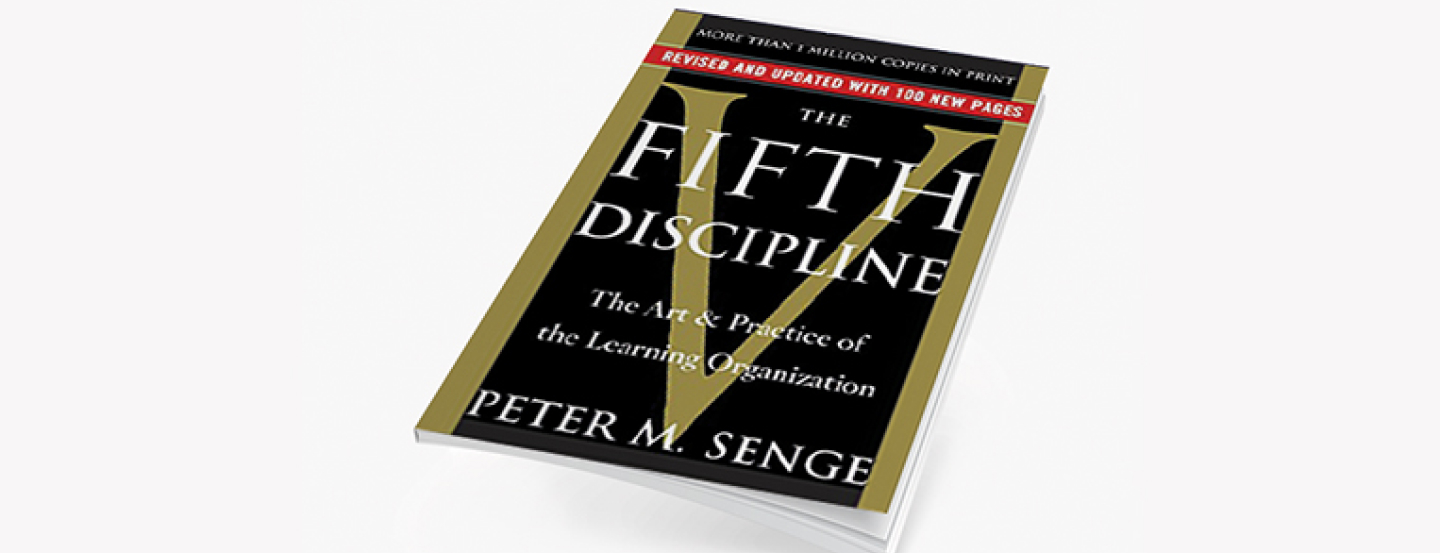A number of years ago, I completed my first masters degree in leadership. One of the learnings I remembered most was that from Peter Senge on learning organizations. His book, The Fifth Discipline still sits in a place of honour on my bookshelf.
He outlined systems thinking, mental models, shared vision, personal mastery, and team learning as his core elements. But organizations more recently have much more to deal with in terms of organizational behaviour, turnover, speed of business, digital disruption, and availability of information than they did when Senge wrote his seminal work. So more than a year ago I started thinking about what a secondary layer on Senge’s learning organization would look like.
This is the beginning of The 7 Disruptive Disciplines of Recursive Learning Organizations (RLO).
1. Seeks Diverse Input: RLOs improve their input seeking models by intentionally broadening their base of input. They encourage gender, religious, and ethnic diversity at all levels of the organization, in order to gain a wider understanding of current issues, and instant access to a broader spectrum of potential solutions to challenges as they arise.
2. Drives Talent and Passion in Leadership: RLOs recognize a that talent without passion is wasted, and passion without talent is noise. They hire and empower their employees into areas of both talent and passion, encouraging both by providing ongoing learning opportunities as well as a bias toward action in business decision making.
3. Produces Thought Leadership: RLOs remain at the disruptive edge of their industry by not only consuming, but producing thought leadership. Communities think out loud, and the best conversations in an organization are those that amplify and encourage creative ideas born from shared innovation processes and curated epiphanies.
4. Deletes non-Performing Processes: RLOs understand that today’s best practice is tomorrow’s obsolete process. They shed nostalgia for processes that underperform, in favor of a kaizen approach to iterative process improvement.
5. Risks In-Market Testing: RLOs shift beta products and services into the market, and use initial market feedback to steer their approach in fast sequences of subsequent versions. They do not waste time on approach to an exponential growth curve by ironing out all of the bugs or incorporating every possible feature. Pull the trigger – nudge the bullet.
6. Creates Iterative Knowledge Stewardship: RLOs are not distracted by the past, but they steward their learning through living documents such as tendency manuals and organizational change logs. They know that a searchable record of wins and learnings will help subsequent generations of teammates to capitalize on hard-earned knowledge.
7. Plays the Infinite Game: RLOs are never trapped in zero-sum or finite games. At their worst, they adapt the game by learning the best practices of other players. In a drafting position, they innovate new ways to play games whose rules are constantly changing. And at their best, they disrupt the games they play by changing the rules in their favour.
What are your thoughts? What are the disciplines that ensure perpetual adaptivity in the constant chaos of an infinite game of disruption?
P.S. Thank you, Peter.





